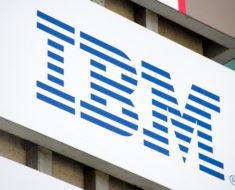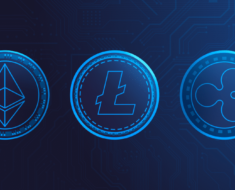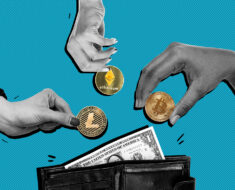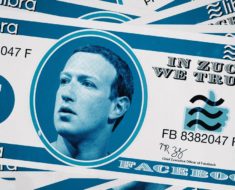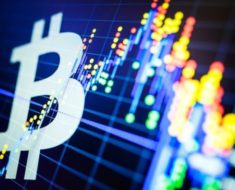On Thursday, popular trading app Robinhood began offering commission free cryptocurrency trading in select states, in addition to its current offerings.
Users in California, Missouri, Massachusetts, New Hampshire, and Montana will soon be able to trade Ether and Bitcoin without paying any fees. They (and users across the country) can also track these digital currencies and 14 others in the well reviewed Robinhood app. These other currencies include Litecoin, Bitcoin Cash, Ethereum Classic, Ripple, Stellar, OmiseGo, Zcash, Dogecoin, NEO, Monero, Dash, Qtum, Bitcoin Gold, and Lisk.
For comparison purposes, Coinbase — which is right now the most popular cryptocurrency exchange in North America — charges fees that range from 1.5% to 4%, depending on the type of trade that is made.
Robinhood sees its foray into cryptocurrencies as a means of vastly increasing it user base. Prior to today’s rollout, they made a name for themselves by allowing people buy and sell stocks, options and exchange-traded funds (ETFs) without paying commissions. It has completed in excess of $100 billion in trades, saving users about $1 billion in commissions. Last November, it had 3 million registered users, but, since announcing that it would offer cryptocurrency trading, it has added an additional million users.
Founded in 2013, Robinhood has an unique business model. Instead of earning money from commissions — like the $7 per trade fees Scottrade and E*Trade charge — it earns money from interest on the funds that customers leave with them. It also sells a monthly membership called Robinhood Gold, which lets users trade on margin.
The startup has so far raised more than $175 million, and it is currently valued at around $1.3 billion. It is hoping through it cryptocurrency offering to lure a new and currently untapped class of cryptocurrency investor. A class that is not quite as professional as the current crop.
Robinhood says that it hopes to expand its cryptocurrency trading to additional states in the near future, as well as to let users trade additional types of digital currencies.
Dil Bole Oberoi
